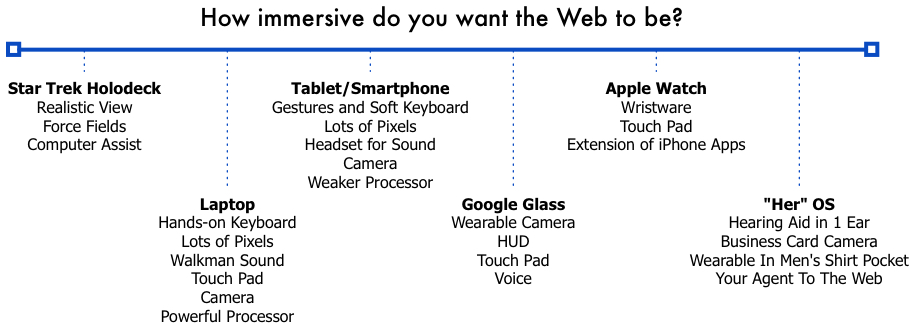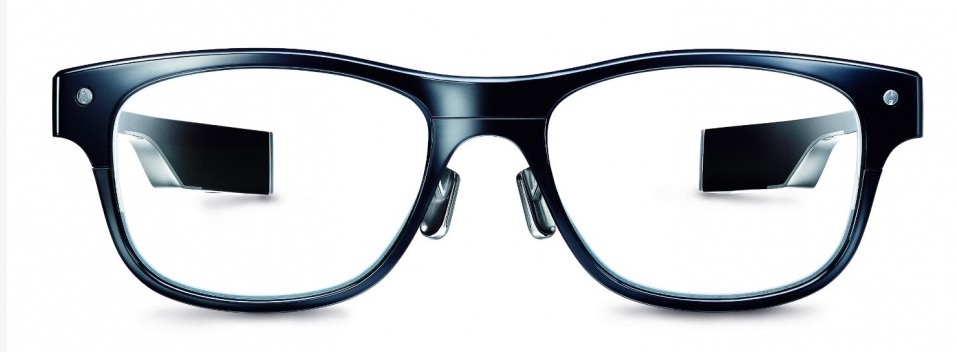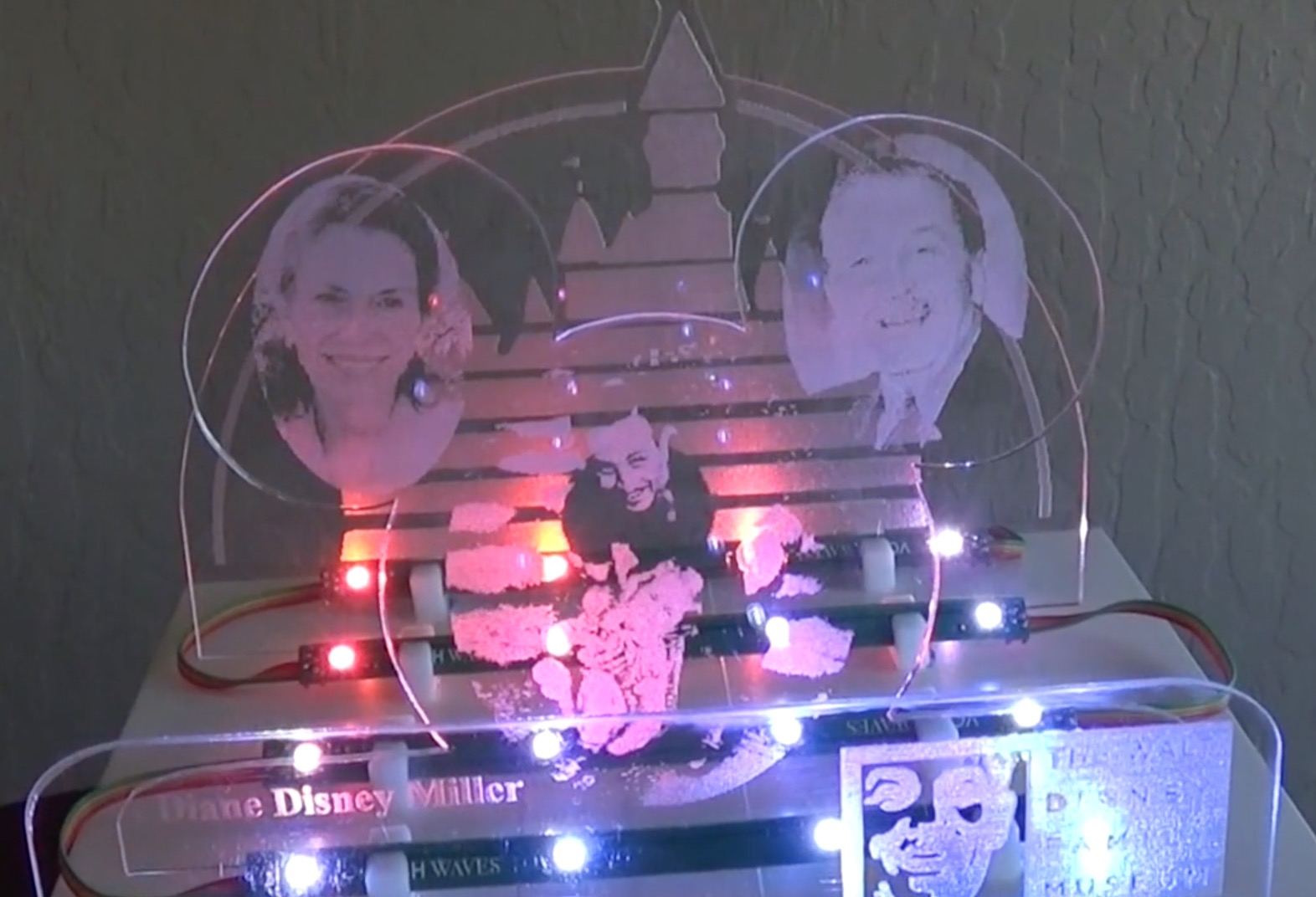The IT industry experiments with user experience design frequently. Much of it comes down to answering the single question: How immersive do you want the Web to be? Films like Her present a computer operating system that is your very personal agent to the Web. The user experience in Her keeps you involved with the real world by delivering a hearing-aid to only one of your ears and occasional voice messages that hit some threshold of importance in your life. At the other end of the spectrum is the Star Trek Holodeck in which we lose our sense of what is real by fully participating with all our senses. The Holodeck takes you completely out of the real world.
Many designs fail because they did not deliver the right combination of technology to make a successful solution to interact with the Web. You can even see the failures in the purely Hollywood user experiences: For example, some Star Trek characters avoid the Holodeck for fear of losing, embarassing, or injuring themselves.
Laptop’s are highly immersive, but not entirely. Many times I see my young adult children watching TV with their hands on a laptop to participate in the social Web (Facebook, Pinterest, Instagram).
Tablets and smartphones require immersion to keep from tipping them out of your hands and breaking the screen in a fall. And for sound, tablets and smartphones normally require a headset that takes you further away from the real world.
The upcoming Apple Watch – and all the existing connected watches like Pebble and the Android watches – are extensions of your mobile phone delivered in a tiny touch screen. For men, whose fashion choices are highly limited as compared to women, the user experience of a watch requires them to give up the prime real estate of their wrists. And, a watches user experience has a limited speed at which it can deliver the content, notification, and utility of the Web.
Somehow the user experience needs to support our society in a positive way. And that has not happened yet. Google Glass is the most recent example of a failed user experience. Glass “explorers” became “Glassholes” in many peoples eyes because their user experience broke US social mores. And what’s worse the owners expected others to accept them – further alienating themselves.
And the overuse of these user experiences becomes a lightning rod for social criticism of computing overall. How many of us see these devices as isolating people from each other. A Chinese American friend laments the traditional family Sunday dinners where the family used to interact, and now the poor grandparents are frequently ignored.
In Rome, Italy recently the table next to me offered a picture of the immersion of a mobile phone.

Three tourists eating lunch at a great restaurant in Rome, Italy. And, completely immersed in the Web and apart from each other personally.
A new design from Jins called Meme Smart Glasses delivers a lot of what Google Glass should have offered to be successful. Jins Meme tracks body movement and position. It knows where we are looking, how often we blink, and whether we are about to fall asleep.
These look like they will still fall short of a successful solution to interaction with the Web. For example, there is no facility for software developers to create apps. Jin’s Meme is definitely a high point on the way towards the ultimate solution.



